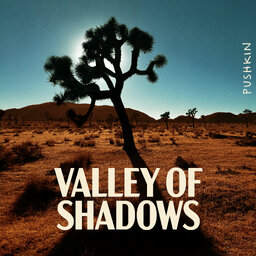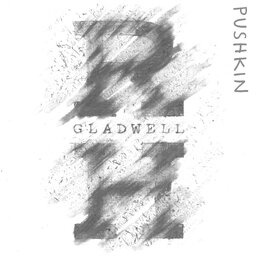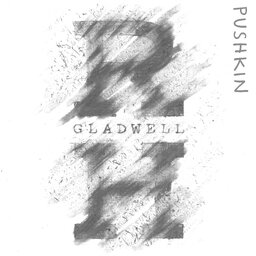Between her big hits, “Monster” and “Wonder Woman”, Patty Jenkins wrote an R-rated fairy tale, starring a dog. She hoped that the dog would deliver such a great performance that the Academy would — for the first time — give the Best Actor award to an animal. The story was about a dog program in a prison, a perfect set-up for a story of both canine and human redemption, right? Wrong. That’s the kind of story Hollywood loves, but not the kind of story Jenkins wanted to tell. Enter development hell.
In 1 playlist(s)
Revisionist History
Revisionist History is Malcolm Gladwell's journey through the overlooked and the misunderstood. Ever…Social links
Follow podcast
Recent clips

From Valley of Shadows: The Devil's Punchbowl
47:11

The Big Birthday Party
32:00

Invisible Infrastructure with T-Mobile for Business
43:46
 Revisionist History
Revisionist History